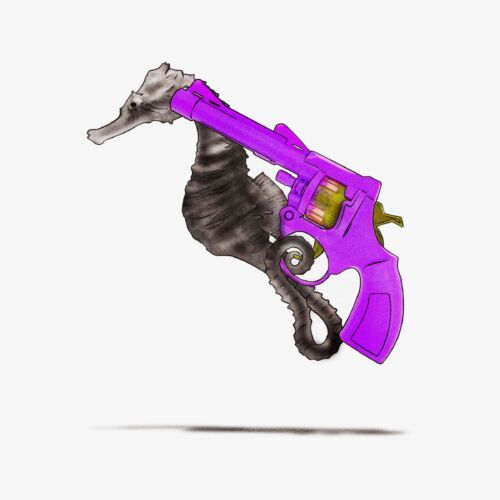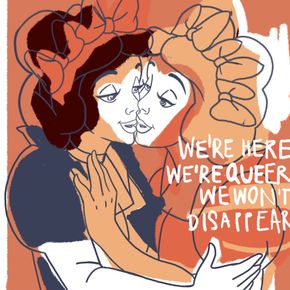Sleep deprivation and experiments on mice versus the human brain, health and youthfulness
Lack of sleep is detrimental to memory, but according to neuroscientists at the University of Groningen, what is learned by staying up late is not necessarily lost, just challenging to recall. Through studies on mice, optogenetic methods and an asthma drug called “roflumilast”, scientists have developed a way to make “hidden knowledge” available again a few days after learning during a sleepless night. The discovery paves the way for stimulating memory accessibility in people with age-related problems in this area or in the early stages of Alzheimer’s disease.
In mice genetically predisposed to develop Alzheimer’s-like brain damage, intestinal bacteria may affect brain health. An experiment at Washington University School of Medicine in St Louis indicates that intestinal bacteria produce compounds that affect the behaviour of immune cells that can cause neurodegeneration. The discovery suggests new possibilities for preventing and treating Alzheimer’s and other neurodegenerative diseases by modifying the intestinal microbiome with antibiotics, probiotics and specialised diets.
Biotechnology company Rejuvenate Bio has used a technology called reprogramming to rejuvenate elderly mice and extend their lives. The technique involves restoring cells to a younger stage and is attracting considerable investment as a potential elixir of youth. Scientists have already shown that it works on individual cells in the laboratory and are now trying to determine whether the rejuvenation effect is also noticeable in living animals.


























